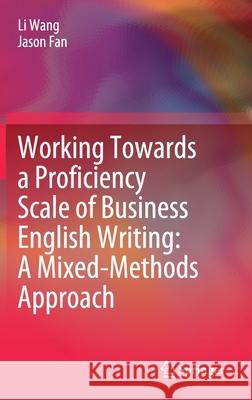Working Towards a Proficiency Scale of Business English Writing: A Mixed-Methods Approach » książka
topmenu
Working Towards a Proficiency Scale of Business English Writing: A Mixed-Methods Approach
ISBN-13: 9789811654480 / Angielski / Twarda / 2021 / 220 str.
Working Towards a Proficiency Scale of Business English Writing: A Mixed-Methods Approach
ISBN-13: 9789811654480 / Angielski / Twarda / 2021 / 220 str.
cena 523,30
(netto: 498,38 VAT: 5%)
Najniższa cena z 30 dni: 501,19
(netto: 498,38 VAT: 5%)
Najniższa cena z 30 dni: 501,19
Termin realizacji zamówienia:
ok. 16-18 dni roboczych.
ok. 16-18 dni roboczych.
Darmowa dostawa!
Kategorie:
Kategorie BISAC:
Wydawca:
Springer
Język:
Angielski
ISBN-13:
9789811654480
Rok wydania:
2021
Wydanie:
2021
Ilość stron:
220
Waga:
0.45 kg
Wymiary:
23.39 x 15.6 x 1.27
Oprawa:
Twarda
Wolumenów:
01
Dodatkowe informacje:
Wydanie ilustrowane











